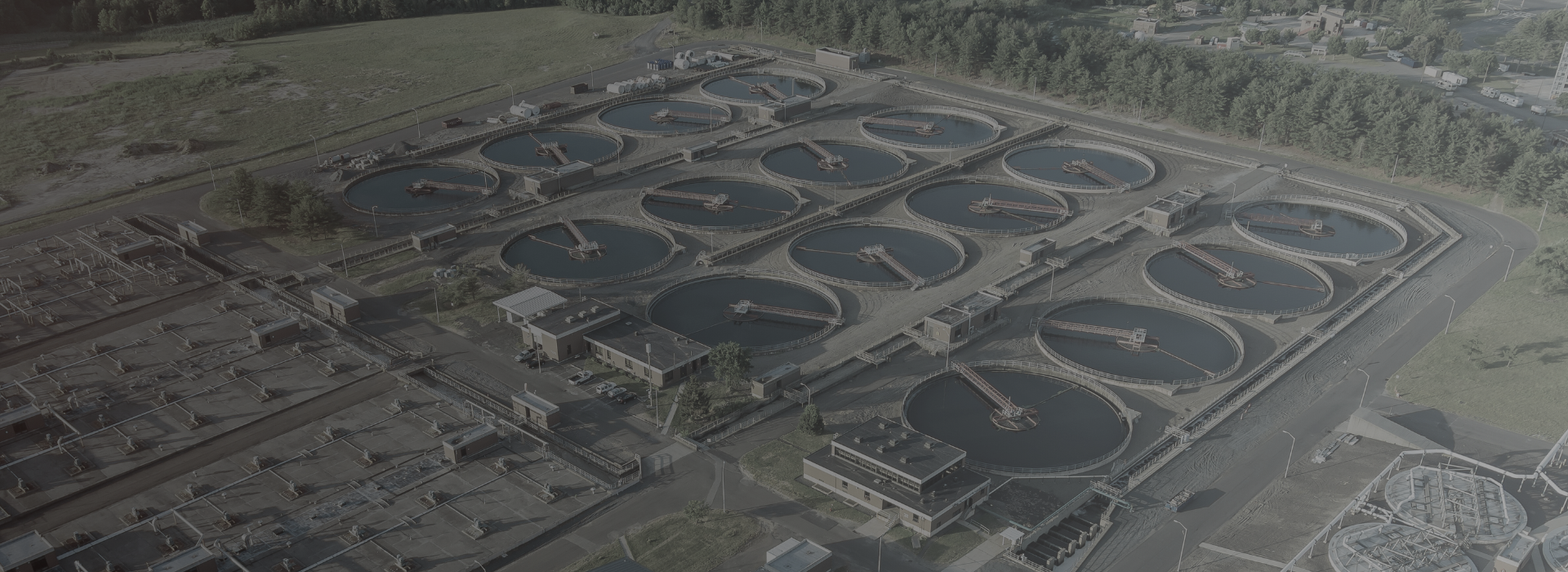Northumbrian Water’s Innovation Festival had over 2000 attendees from a cross section of organisations with an interest in the UK water industry. Alongside attendees from the water industry were third parties such as the Citizens Advice Bureau and regulators.
We speak with Ian Sykes, who attended the festival with the BJSS team. Ian provides insight into the industry, the topics discussed and an outlook on the future of the UK water industry.
How did the content and sessions at the Innovation Festival align with the current trends and challenges in the water industry?
A diverse range of innovative topics were explored, addressing every facet of the water industry.

The UK water crisis stems from aging infrastructure, climate change, and population growth, leading to frequent leaks, supply shortages, and pollution events. Urgent upgrades and sustainable management are necessary to ensure reliable, clean water access and to reduce environmental impact. For example, the use of smart meter data can be used to provide information about leakage in aging infrastructure as well as consumer engagement.
There were discussions based on how to dispose of human waste in the most environmentally friendly manner, and even get resources out of it, such as, methane, ammonia and other by-products that will generate a new industry as part of a biorefinery – developing a new market in bio-resources.
Did you observe any emerging trends or technologies at the festival that you believe will significantly impact your industry in the near future?
The use of data is going to be a game-changer. The Water Services Regulation Authority (Ofwat) announced PR24 draught determinations for the water industry, setting expectations for water companies' expenditure over the next five years, with the expectation that the total spend will be around £88 billion by 2030.
The UK water sector is targeting a 13% leakage reduction from 2025 to 2030, the lowest since privatisation, by investing £545 million in smart technologies and improved data from expanded metering. These efforts support the long-term goal of halving leakage by 2050.
Reducing operational greenhouse gases and minimising environmental impact from pollution events are central to the water industry's drive towards net zero, as emphasised by regulators.
From our perspective, what does that mean? Well, all of this is underpinned by the use of data, so there's going to be many more IoT devices across the clean and wastewater networks. Being able to manage and use that data effectively is going to be key. AI is going to play a role in terms of optimising processes and procedures and getting the best value out of that data.
Technologies like digital twins will be hugely important when it comes to optimisation. In terms of planning assets, if you're going to spend billions of pounds improving your infrastructure, you need to understand where the stresses and weak points are.
Digital twins can very much help in doing that, the information provided from this analysis will then pay forward in operational efficiencies and capital investments on future programmes.
How can BJSS's data and insights services specifically help water companies improve their operational efficiency?
BJSS is experienced in managing huge volumes of data and being able to control it effectively and securely. We've managed to ingest huge amounts of IoT data for customers and present this back to them in a manageable way.
For example, for National Highways we developed a clear picture of the data held within the organisation. The BJSS team mapped and centralised data from 10,000’s of spreadsheets and disconnected system entities held within National Highways, building connections between them.
Additionally, we can bring experience and expertise from other sectors to the water industry, bringing new perspectives and new insights as to how to optimise their solutions.
Can you provide examples of how BJSS could facilitate predictive maintenance and leak detection in the water industry?
The goal is to maximise the value of the various devices used in water management, covering both clean water and wastewater networks. By ensuring that all relevant information from these devices is available and accessible in a manageable format, operational teams can efficiently monitor and maintain the networks.
Additionally, having this organised data allows for the deployment of advanced technologies like AI to further optimise operations and decision-making processes.
AI is going to be a game-changer in the predictive maintenance space as we've got lots of data that we can manage, but AI takes it to the very next level. By applying machine learning and analysing usage patterns, AI can assess the broader ecosystem, enabling us to gain insights from the entire organisation.
Looking forward, what technology do expect to see implemented more widely in the water industry?
Operationally, we’re going to see a massive increase in volumes of data from smart metering and IoT sensors and devices. In wastewater management we can expect that sensors and IoT devices are going to be more prevalent.
When it comes to waste management, the bioresources perspective is going to be quite interesting over the next few years, in terms of deriving best value out of existing waste products and turning those into tangible commodities for other industries.
All the information gathered in the industry must be brought together and managed from a data perspective and that's where we really help.

